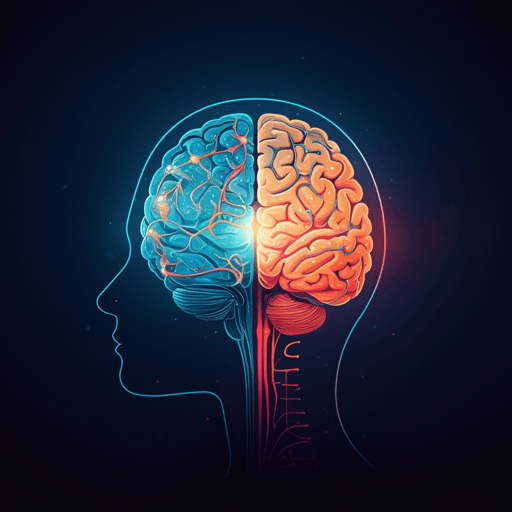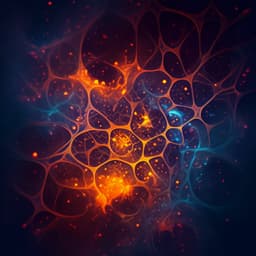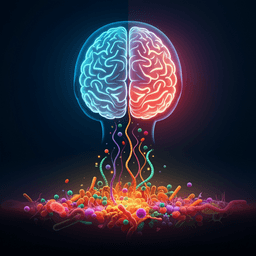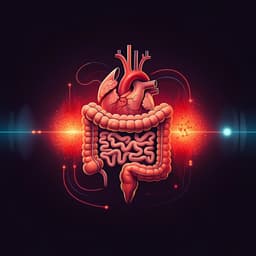
Medicine and Health
The microbiota-gut-brain axis in depression: unraveling the relationships and therapeutic opportunities
Z. Zhu, Y. Cheng, et al.
Emerging evidence positions the microbiota-gut-brain axis as a pivotal driver of depression, linking gut microbial shifts to neuroendocrine, neuroimmune and metabolic disruptions and pointing to probiotics, fecal microbiota transplantation and AI-enabled microbiome therapies as promising personalized approaches. This research was conducted by authors present in the Authors tag: Zhangcheng Zhu, Yiwen Cheng, Xia Liu, Xiaocui Xu, Wenwen Ding, Zongxin Ling, Jiaming Liu, Guangyong Cai.
~3 min • Beginner • English
Related Publications
Explore these studies to deepen your understanding of the subject.







